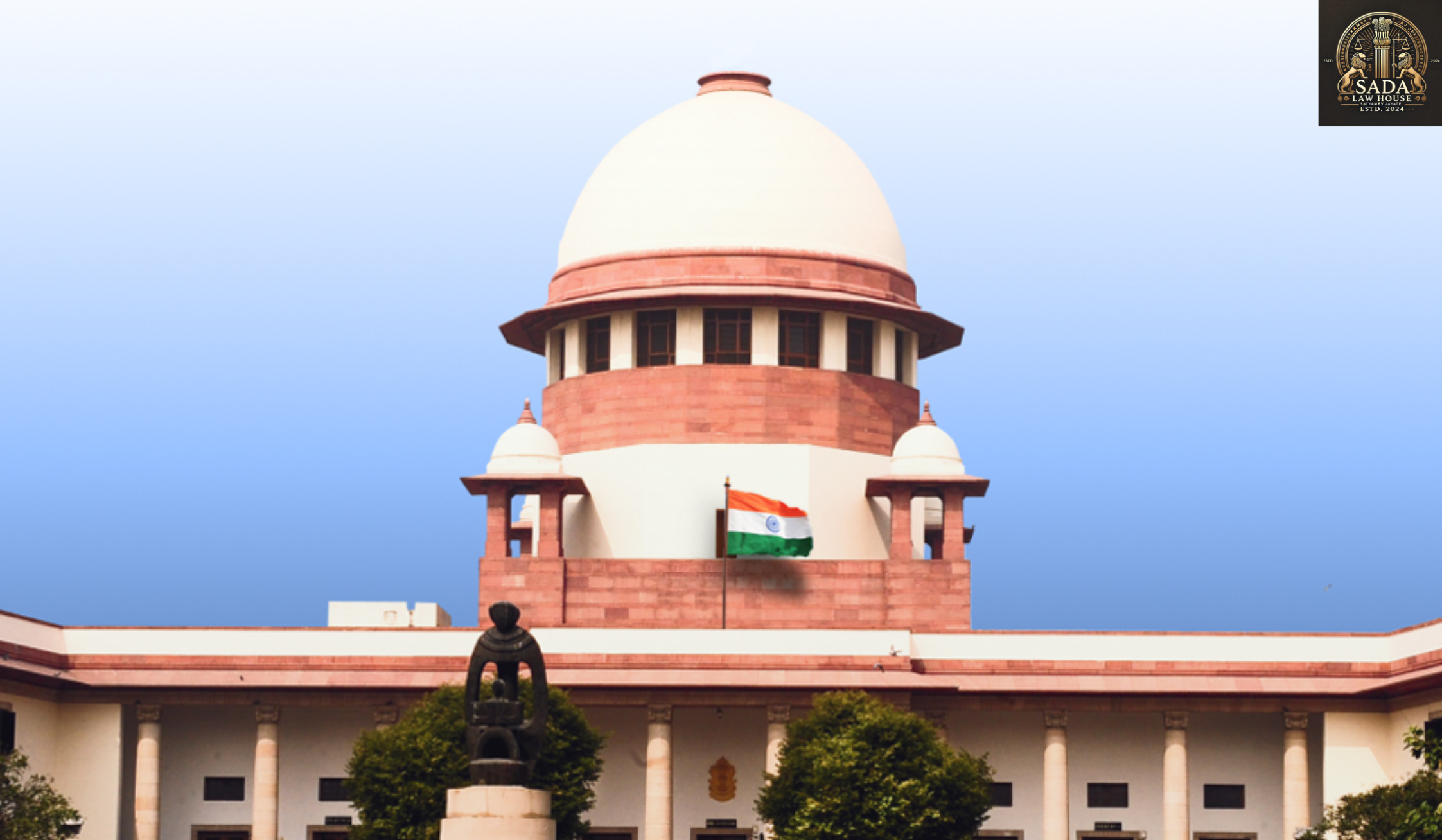Presidential Reference on Governors’ Deadlines: Supreme Court Hearing (Day 7)
- Kashak Agarwala
- 03 SEPTEMBER 2025

Introduction
The Supreme Court Constitution Bench, headed by Chief Justice of India (CJI) BR Gavai and comprising Justices Surya Kant, Vikram Nath, PS Narasimha, and Atul S Chandurkar, continued hearing arguments on the Presidential Reference regarding the ambit of Articles 200 and 201 of the Constitution. The issue stems from the Court’s earlier ruling dated April 8, which prescribed timelines for Governors and the President to act on Bills passed by State legislatures.
Background of the Reference
President Droupadi Murmu referred the matter, expressing doubts over whether judicially imposed deadlines and the doctrine of “deemed assent” could be constitutionally sustained.
Several States, including Kerala and Tamil Nadu, opposed the maintainability of the reference.
The Union Government supported the reference, arguing that gubernatorial and presidential powers under Articles 200 and 201 are high constitutional functions and cannot be time-bound by judicial direction.
Key Arguments
Kapil Sibal (Senior Advocate)
Emphasized that the will of the legislature represents the will of the people and cannot be obstructed by executive inaction or overreach.
Stated that legislative enactments carry a presumption of constitutionality, which can only be contested in courts.
Argued that Governors are not to review legislative intent but to act expeditiously, as implied in Article 200’s phrase “as soon as possible.”
Warned against broad interpretations of executive discretion, cautioning that it could stall governance and create constitutional deadlocks.
Asserted that once a legislature re-enacts a Bill after reconsideration, the Governor cannot withhold assent again without undermining the constitutional framework.
Gopal Subramaniam (Senior Advocate for Karnataka)
Highlighted that India’s democratic system is rooted in the cabinet form of government.
Governors and the President act as titular heads and must act on the aid and advice of the Council of Ministers.
Referred to Kesavananda Bharati to stress that the cabinet system is part of the Constitution’s basic structure.
Warned that expanding gubernatorial discretion would erode the principle of separation of powers and parliamentary democracy.
Anand Sharma (Senior Advocate, Former Union Minister)
Asserted that Articles 200 and 201 must be read in line with federal principles.
Governors have no authority to nullify the will of the legislature by indefinitely withholding assent.
Argued that “as soon as possible” must be interpreted as “without undue delay,” else it risks paralysing State legislatures.
Warned against misuse of the Governor’s office to distort Centre-State relations.
Observations from the Bench
Justice Surya Kant: “The Governor cannot be a postman, but neither can he act as a super-legislature.”
Justice Narasimha: Queried the extent of a Governor’s role in examining repugnancy between State and Central laws.
Bench discussed whether judicially imposed timelines amount to amending the Constitution; counsel clarified that timelines are functional standards, not amendments.
Conclusion of Day 7
The Court concluded that the interpretation of Articles 200 and 201 raised complex constitutional concerns that must be handled carefully to preserve balance between legislative authority and executive discretion. Proceedings will continue, with further arguments expected from senior counsel and the Solicitor General.






